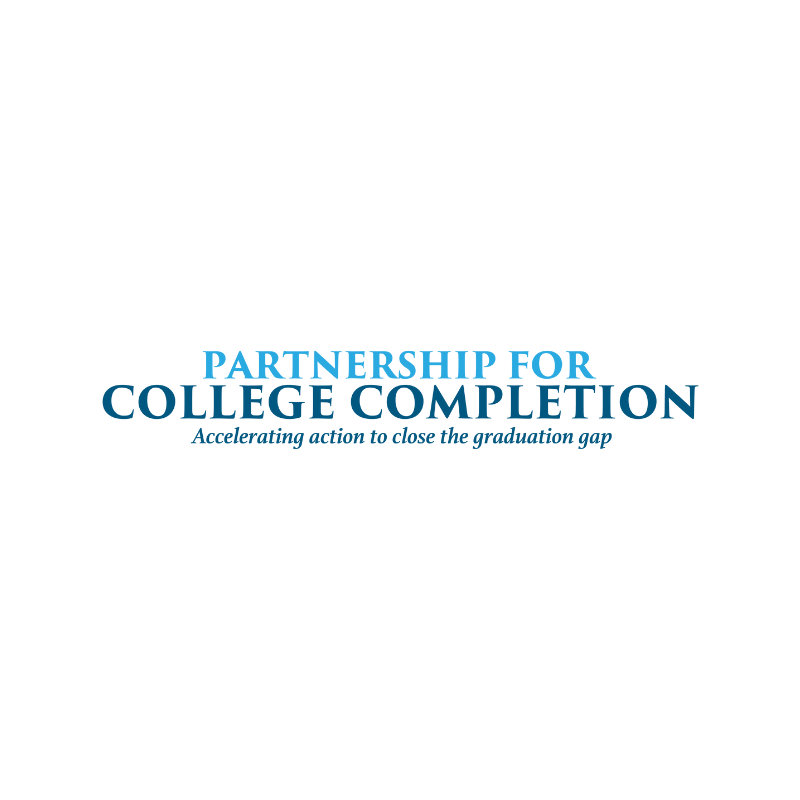
When the organization’s first staff— then, its founding executive director Dr. Kyle Westbrook and its managing director, Lisa Castillo Richmond, traveled the state to meet with higher education leaders and legislators, they encountered many small pockets of reform work happening as well as some very promising larger initiatives. However, focused attention to these issues was missing. It was a dilemma just calling out to be addressed by an organization dedicated to higher education equity and excellence at a time when college completion rates were stagnating and disparities in attainment were persistent, and even widening, across racial and socioeconomic lines. Enter the Partnership for College Completion (PCC), which in collaboration with its many partners, has been able to set in motion a transformation of Illinois’ higher education system through strategic practice and public policy efforts.
In the past five years, the landscape in which PCC has been doing its work has indeed been transforming. There has been a noticeable shift in the language. There is more discussion about equity and completion, and that conversation is far more nuanced. The many partners that have joined the Partnership in this work have demonstrated a deep commitment to equity, often at the risk of exposure to themselves or their institutions. This has only inspired the Partnership to lean even more deeply into this work for an equitable, affordable, and more accessible higher education system for Illinois, while continuing to raise the ambition of its sights and take bolder and more innovative steps to that end.
This month, the Partnership is pleased to share where the organization has been and what it’s been able to accomplish in the first five years with “PCC 5 Years & Counting,” a multimedia digital event highlighting organizational achievements and featuring a special video conversation with PCC’s three founding members, Westbrook, Castillo Richmond—the Partnership’s new Executive Director, and Jonathan Lopez, PCC’s Communications and Operations Manager. There is much to celebrate and none of it would have been possible without generous support from PCC’s funders, a supportive board of directors, key institutional, legislative, and organizational partners critical to making PCC’s vision for equity actionable, and PCC’s small but mighty team of talented staff. Still, there is much work ahead. The steps toward achieving an equitable future for Illinois through transformation of its higher education system are fewer than they were in 2016, but entrenched interests that fail to prioritize students persist, and they are formidable.
As public discourse about racial justice continues to be waged from two sides – from the one, opposing the discussion and teaching of our institutionalized racism and legacy of oppression, and from the other where PCC and its partner press toward justice with a focus on solutions and improving the experience and outcomes of underrepresented college students across the state, PCC presses forward with its work.
“Our students cannot wait,” Castillo Richmond told investors this summer. “Our community colleges, and public and private universities that serve the majority of Illinois’ Black, Latinx, and Pell students cannot wait. Educational justice cannot wait.”

